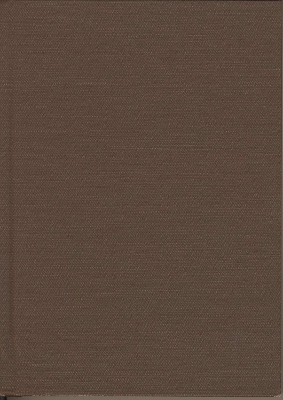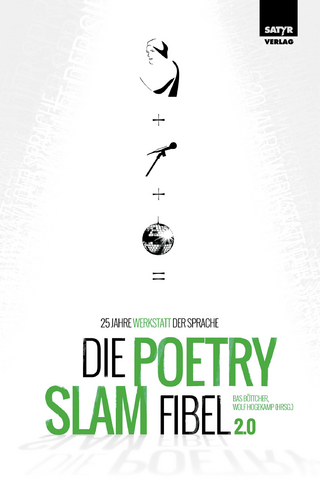
Wonder Cabinet
Poems
Seiten
2006
Northwestern University Press (Verlag)
978-0-8101-5172-7 (ISBN)
Northwestern University Press (Verlag)
978-0-8101-5172-7 (ISBN)
Taking its inspiration from the wonder and curiosity cabinets of the late Renaissance, this book of poems offers itself up as a gallery of natural marvels and historical gleanings. It delves into the realms of both natural history and popular culture.
Taking its inspiration from the wonder and curiosity cabinets of the late Renaissance, David Barber's second book of poems offers itself up as an eclectic gallery of natural marvels and historical gleanings. Creation is Barber's chief subject and he often concentrates on how human nature is constantly seeking to impose definition and significance upon the natural world. These are poems that meditate on all manner of wondrous phenomena: falconry and funiculars; the knotted quipus of the Inca Empire and the tulip mania of the Dutch Golden Age; the lore and language of field guides, epitaphs, beekeeping, and seafaring; and, the ghostly vestiges of the La Brea tar pits and the ancient library of Alexandria. Then, in an innovative suite of ""New World Sutras"" composed in haiku stanzas, Barber riffs on the American genius for self-invention and epic ambition by calling up landmark figures such as Audubon, Houdini, Babe Ruth, and Buster Keaton. With a formal and verbal precision that is rife with agile music, avid wordplay, and mordant wit, Barber delves deeply into the realms of both natural history and popular culture.
Taking its inspiration from the wonder and curiosity cabinets of the late Renaissance, David Barber's second book of poems offers itself up as an eclectic gallery of natural marvels and historical gleanings. Creation is Barber's chief subject and he often concentrates on how human nature is constantly seeking to impose definition and significance upon the natural world. These are poems that meditate on all manner of wondrous phenomena: falconry and funiculars; the knotted quipus of the Inca Empire and the tulip mania of the Dutch Golden Age; the lore and language of field guides, epitaphs, beekeeping, and seafaring; and, the ghostly vestiges of the La Brea tar pits and the ancient library of Alexandria. Then, in an innovative suite of ""New World Sutras"" composed in haiku stanzas, Barber riffs on the American genius for self-invention and epic ambition by calling up landmark figures such as Audubon, Houdini, Babe Ruth, and Buster Keaton. With a formal and verbal precision that is rife with agile music, avid wordplay, and mordant wit, Barber delves deeply into the realms of both natural history and popular culture.
David Barber is the poetry editor at The Atlantic Monthly. His first book The Spirit Level (Northwestern, 1995) was published as a winner of the Terrence Des Pres Prize. Barber's poems have appeared in literary magazines such as Antioch Review, Georgia Review, The New Republic, Paris Review, Poetry, and Virginia Quarterly Review. His reviews and articles have appeared in The Boston Globe, The New York Times Book Review, The Washington Post, The New Criterion, Parnassus, and elsewhere.
| Erscheint lt. Verlag | 1.5.2006 |
|---|---|
| Verlagsort | Evanston |
| Sprache | englisch |
| Gewicht | 310 g |
| Themenwelt | Literatur ► Lyrik / Dramatik ► Lyrik / Gedichte |
| ISBN-10 | 0-8101-5172-3 / 0810151723 |
| ISBN-13 | 978-0-8101-5172-7 / 9780810151727 |
| Zustand | Neuware |
| Informationen gemäß Produktsicherheitsverordnung (GPSR) | |
| Haben Sie eine Frage zum Produkt? |
Mehr entdecken
aus dem Bereich
aus dem Bereich
Deutsche Gedichte aus zwölf Jahrhunderten
Buch | Hardcover (2023)
C.H.Beck (Verlag)
CHF 41,90
25 Jahre Werkstatt der Sprache
Buch | Softcover (2020)
SATYR Verlag
CHF 27,90


